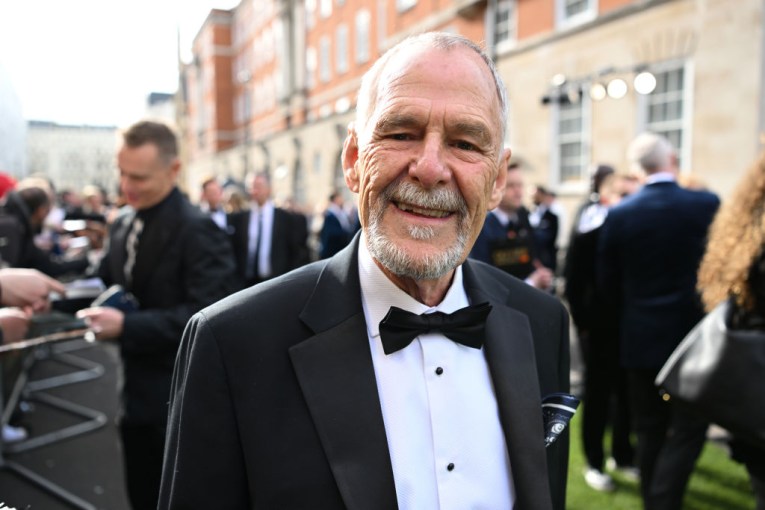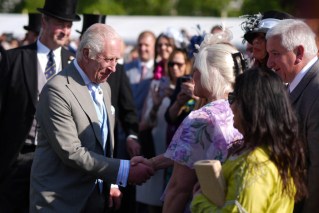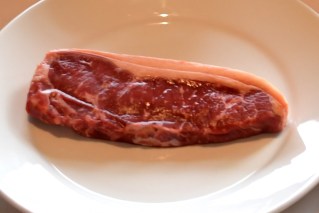The greenest funeral yet: What is a water cremation and how does it work?


Co-op Funeralcare is offering a new form of burial as a sustainable alternative to traditional burials or cremation. Photo: Rui Vieira/PA Wire
One UK-based company touts water cremation as the “biggest change to funerals in over 120 years,” but the service has been offered in Australia since 2010.
Co-op Funeralcare, a leading UK funeral provider, will offer water cremations later this year and its managing director Gill Stewart said the priority is to help families create a funeral that is personal every step of the way.
“Up until now choice has been limited to burial or cremation,” he said in a statement.
“We’ve seen from the rapid uptake of newer funeral options such as direct cremation, that when choice in the funeral market is broadened, this is only a positive thing both for the bereaved and for those planning ahead for their own farewell.”

A water cremation machine in South Africa. Photo: Gallo Images/Getty
The water cremation process, also known as aquamation, resomation and alkaline hydrolysis, involves breaking down the body covered in a biodegradable material, using water pressure and by adding potassium hydroxide to make the water an alkaline, speeding up the decomposition process.
After about four hours, the softened bones are dried and then reduced to a white powder, similar to ashes, allowing them to be returned to relatives in an urn.
Water cremation in Australia
Aquamation founder John Humphries introduced the use of water cremation in Australia and said it differs dramatically from regular cremations.
“Cremation is just the nice term, it’s really incineration,” he said.
“The body goes into an incinerator and just like anything else you burn, there’s carcinogenic fumes.”
Cremation creates both greenhouse gas emissions and, in the UK, it is responsible for 16 per cent of mercury pollution because of fillings in teeth.
Mr Humphries said water cremation is the most efficient and green way to dispose of someone’s remains.
“Most green burials I’m aware of, and there might be some that I don’t know, instead of putting you in a box, they pick a different type of box or something and perhaps don’t put a headstone on, but it’s still taking up land,” he said.
“The advantage of a water cremation is that there is basically zero pollution. It only uses about 10 per cent of the energy to carry out the process.”
A water cremation by Mr Humphries’ company costs $5995, while the average cost of a cremation in Australia is $4000.
Future adoption
Anti-apartheid South African Archbishop Desmond Tutu received a water cremation on New Year’s Eve 2021 after requesting an eco-friendly cremation.
Mr Humphries said water cremations haven’t been widely adopted in Australia yet, but he hopes it will continue to grow.
“If people are seriously concerned about global warming, then it would be ridiculous for them to choose any other process because this is the only one that can seriously say it is a green process,” he said.
“If a body is put in an airtight box and dropped six feet into clay, it doesn’t decompose and become soil: it’s rotting inside a box. It’s decomposing. It’s not composting.”
The process was patented in 1888 to process animal carcasses into plant food, and the first single cadaver system was sold in 2005.

A water cremation service for pets in Singapore. Photo: EPA
In Singapore, a company called The Green Mortician is now offering water cremation services to pets after purchasing a machine from the United States at a cost of $US200,000.
It has also been used to dispose of human cadavers in US medical schools and animal carcasses in slaughterhouses before being adopted within the funeral industry.








